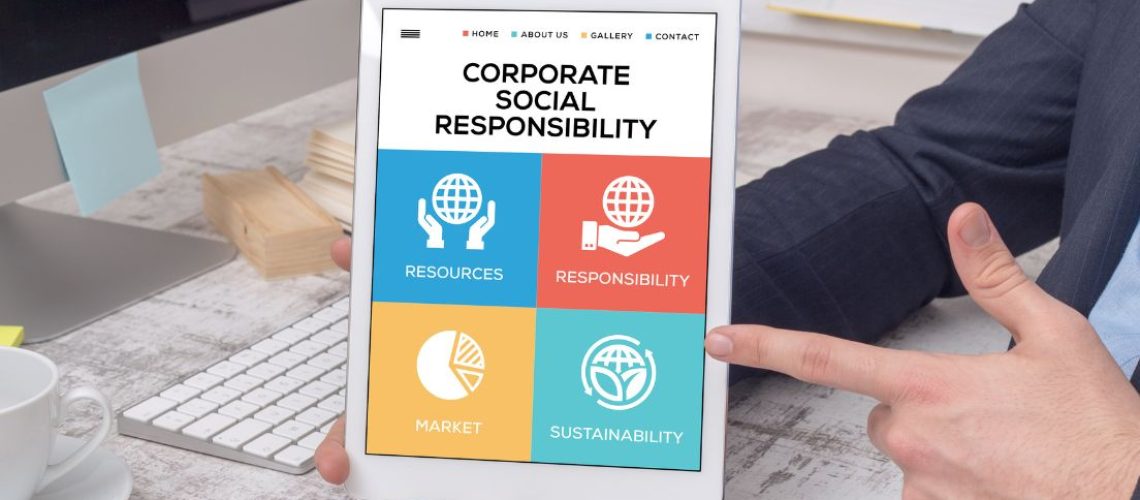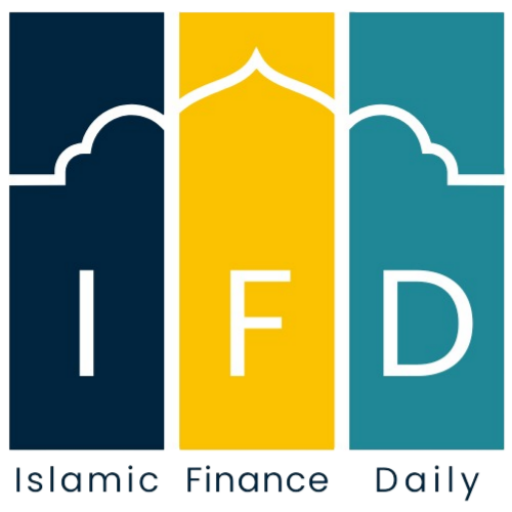Table of Contents
ToggleIntroduction
Islamic finance, grounded in the principles of Shariah, extends beyond profit-making to encompass social welfare and ethical responsibility. Unlike conventional finance, which often focuses solely on financial returns, Islamic finance integrates social justice, equity, and economic stability into its framework. This blog explores how Islamic finance contributes to social development, highlighting key mechanisms, real-life examples, and its transformative impact on communities worldwide.
Principles of Islamic Finance Driving Social Development
Islamic finance is governed by core principles that inherently support social welfare:
- Prohibition of Riba (Interest): Encourages risk-sharing and discourages exploitative lending practices.
- Risk-Sharing: Promotes partnership-based models like Mudarabah and Musharakah, fostering entrepreneurship.
- Ethical Investments: Funds are directed towards halal (permissible) activities, avoiding industries harmful to society.
- Zakat, Sadaqah, and Waqf: Mandatory and voluntary charitable contributions directly address poverty and inequality.
Financial Inclusion and Empowerment
Islamic finance promotes financial inclusion by providing access to credit and financial services for those often excluded from conventional banking, such as:
- Microfinance Institutions: Organizations like Akhuwat in Pakistan offer interest-free microloans, empowering low-income individuals to start small businesses.
- Women Empowerment: In countries like Indonesia, BMTs (Baitul Maal wat Tamwil) have been pivotal in providing financial services to women, enabling them to contribute to household income and community development.
Poverty Alleviation Through Islamic Microfinance
Islamic microfinance blends commercial finance with social welfare principles:
- Qard al-Hasan (Benevolent Loans): Interest-free loans aimed at helping individuals meet basic needs or start small enterprises.
- Success Story: The Akhuwat Foundation has disbursed over $900 million in interest-free loans, significantly reducing poverty rates in Pakistan.
Sustainable Economic Development
Islamic finance promotes long-term economic stability by encouraging:
- Asset-Backed Financing: Investments are tied to tangible assets, reducing speculative risks.
- Support for SMEs: Musharakah and Mudarabah contracts help small and medium enterprises grow, creating jobs and boosting local economies.
Ethical Investments and Socially Responsible Financing
Islamic finance ensures investments align with ethical and moral values:
- Green Sukuk: Islamic bonds used to finance environmentally sustainable projects, such as Indonesia’s $1.25 billion Green Sukuk for renewable energy initiatives.
- Real-Life Example: Malaysia’s robust Islamic finance sector has significantly contributed to the country’s infrastructure development while maintaining ethical standards.
Role of Zakat, Sadaqah, and Waqf in Social Welfare
These Islamic social finance instruments directly support community development:
- Zakat: Compulsory almsgiving that redistributes wealth to the needy.
- Waqf: Endowments used for public welfare projects like schools, hospitals, and mosques.
- Case Study: The Waqf Fund in Kuwait has been instrumental in funding healthcare and educational projects, benefiting thousands of people.
Table: Key Instruments of Islamic Finance and Their Social Impact
| Instrument | Description | Social Impact |
|---|---|---|
| Zakat | Mandatory almsgiving | Poverty reduction, wealth redistribution |
| Qard al-Hasan | Interest-free loans | Financial inclusion, small business growth |
| Musharakah | Profit-loss sharing partnerships | Entrepreneurship, SME support |
| Waqf | Endowment for social causes | Education, healthcare, infrastructure |
| Green Sukuk | Bonds for sustainable projects | Environmental protection, renewable energy |
Conclusion
Islamic finance is more than a financial system; it’s a catalyst for social change. By embedding principles of fairness, ethical investment, and community welfare, it fosters inclusive economic growth, reduces inequality, and promotes sustainable development. As global interest in ethical finance grows, Islamic finance offers a compelling model for building just and prosperous societies.



